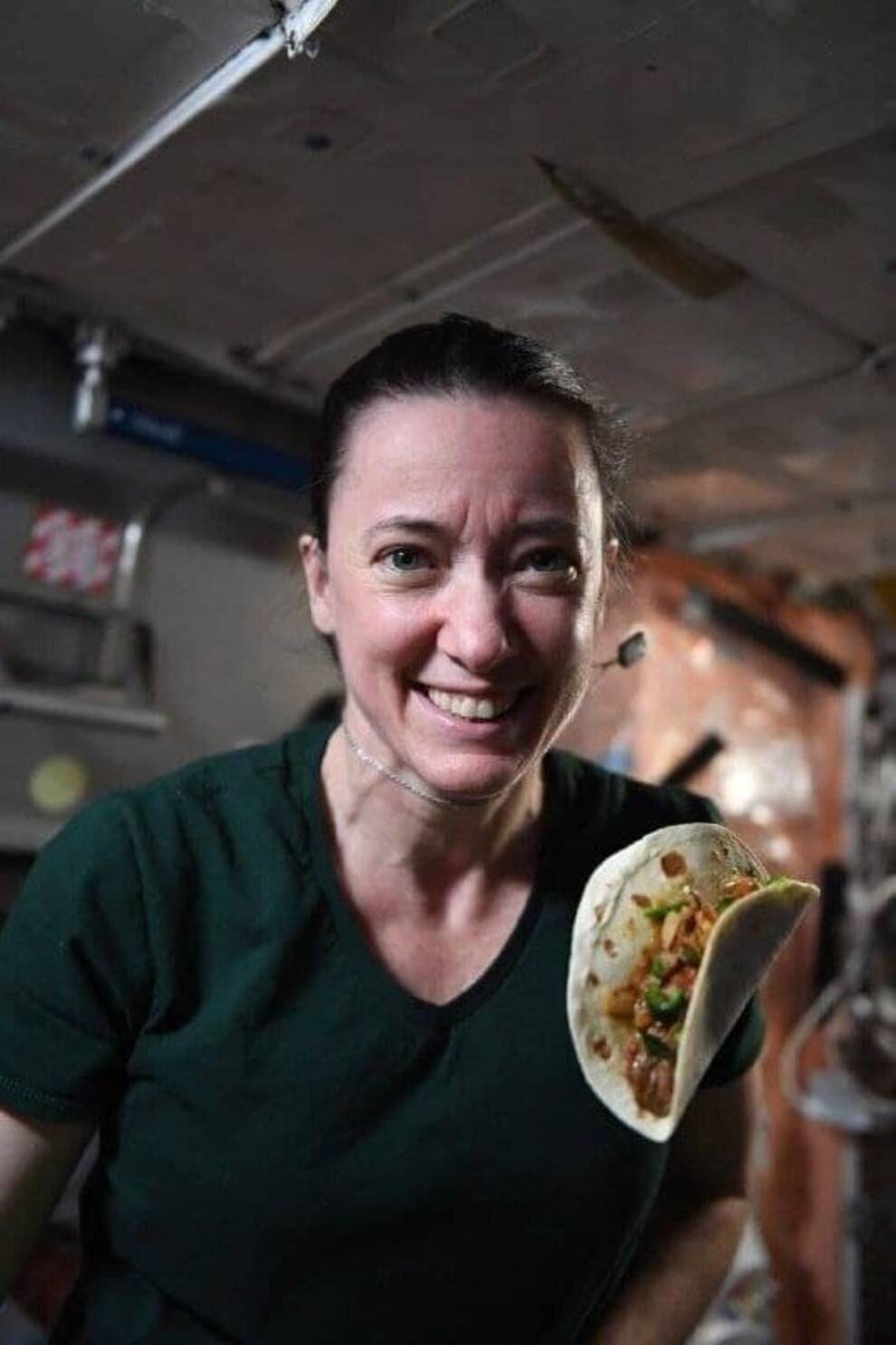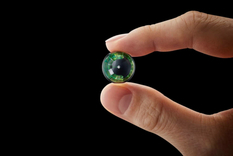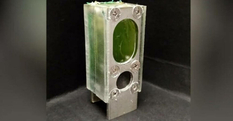We use essential cookies for the proper functioning of the website and additional ones to make interaction with the site as convenient as possible. It helps us personalize your user experience as well as obtain analytical information to improve the service.
If you agree to accept all cookies, click "Accept all"; if not, click "Only essential". To learn more, view the Cookie Policy.

NASA astronauts raised and ate chili for the first time on the ISS
American astronauts were able to grow and use chili peppers to make tacos. The seeds were delivered to the International Space Station as part of an experiment.
Chili seeds were delivered to the ISS in July 2021. The astronauts were able to plant them in soil previously taken from Earth. After several months of sprouting, the first vegetables appeared. Tacos were made from the “harvested crop”.
The dish also includes flatbread, beef and vegetables. As noted by the astronaut, who was directly involved in growing chili peppers on the ISS, it was the tastiest taco she had ever tasted. Apparently, the efforts invested and remoteness from home did their job.
After the tasting, the astronauts filled out questionnaires, in which they indicated the nuances of "space crop production" - how often watering was performed, the soil was loosened, in what doses ultraviolet radiation was used. Some of the samples were delivered to Earth for further study.
Growing and using vegetables was part of the experiment. Its goal is to empower astronauts to get their own food in the extreme conditions of space. This is the first step towards ensuring that space explorers can independently provide themselves with food for long missions.
But vegetables and fruits can be grown not only outside the planet. This can be done on its surface as well. The main thing is to purchase seeds, fertilizers and the necessary tools in the section of the OXO website "Garden, vegetable garden".
Chili seeds were delivered to the ISS in July 2021. The astronauts were able to plant them in soil previously taken from Earth. After several months of sprouting, the first vegetables appeared. Tacos were made from the “harvested crop”.
The dish also includes flatbread, beef and vegetables. As noted by the astronaut, who was directly involved in growing chili peppers on the ISS, it was the tastiest taco she had ever tasted. Apparently, the efforts invested and remoteness from home did their job.
After the tasting, the astronauts filled out questionnaires, in which they indicated the nuances of "space crop production" - how often watering was performed, the soil was loosened, in what doses ultraviolet radiation was used. Some of the samples were delivered to Earth for further study.
Growing and using vegetables was part of the experiment. Its goal is to empower astronauts to get their own food in the extreme conditions of space. This is the first step towards ensuring that space explorers can independently provide themselves with food for long missions.
But vegetables and fruits can be grown not only outside the planet. This can be done on its surface as well. The main thing is to purchase seeds, fertilizers and the necessary tools in the section of the OXO website "Garden, vegetable garden".


